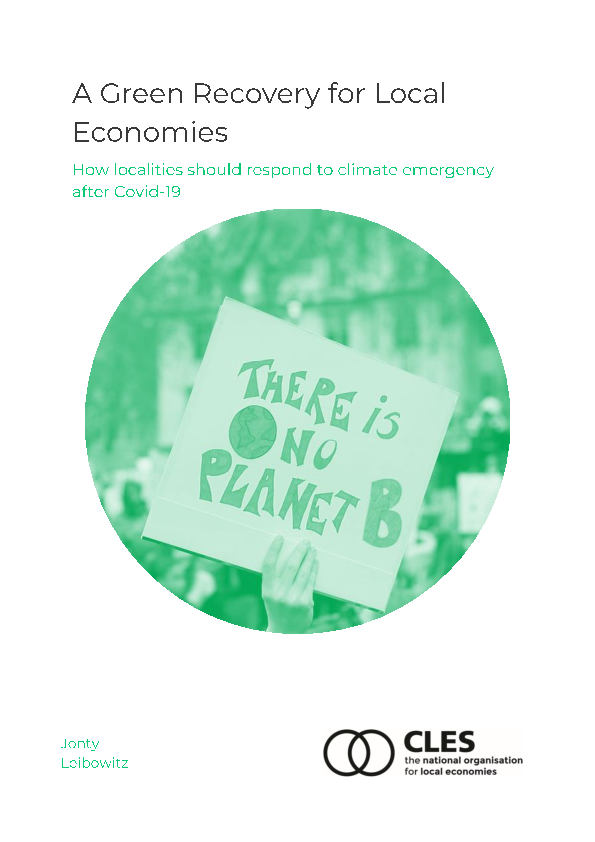Cities for people, not shareholders
This piece originally appeared in the Guardian.
Covid-19 has caused terrible pain, but offers the chance to halt the financial juggernaut that sucks wealth from our urban centres
The pandemic is changing the way we live in cities. Many people are now working from home and spending more time in their local communities. While some smaller businesses have reported they are thriving, urban centres are struggling to survive. The benefits of this drop in commuting for carbon emissions, health and wellbeing are at odds with the financial model that has long underpinned city centre economies. It’s no surprise that the arbiters of financial capitalism have insisted that workers must return to the office. But what if instead of resisting these profound economic changes, we embraced them and built something better than the urban economy of the past?











